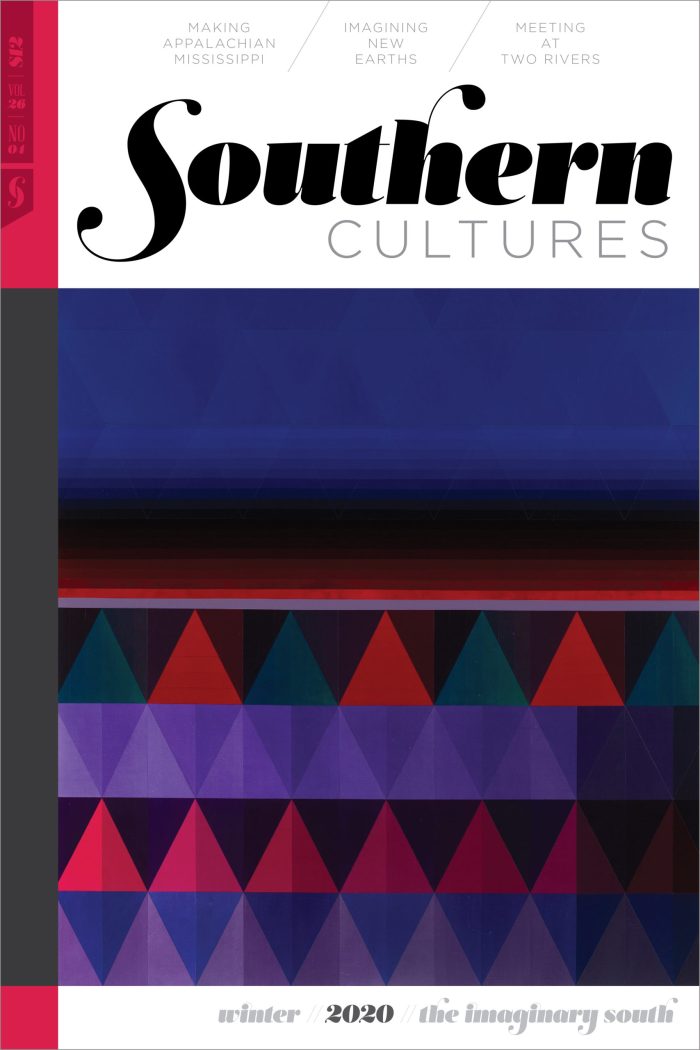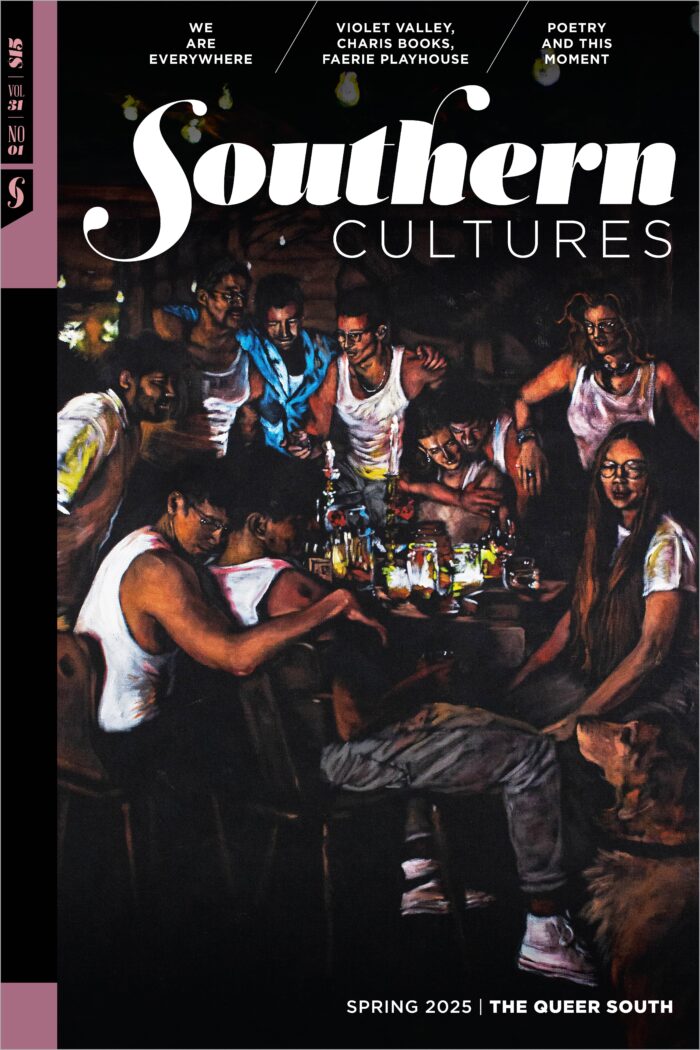“Sanctuary is a direct response to raids, detentions, and deportations.”
Juana Luz Tobar Ortega’s garden lies just beyond St. Barnabas Episcopal Church’s tree-lined gravel driveway, past a weather-worn statue of Jesus and a vacant parking lot where birds rest in large flocks. You have to look to find it. But here, sun-warmed tomatoes twine around a trellis. A wheelbarrow rests next to a raised garden bed, where fuchsia zinnias and rosemary bushes bloom without restraint. This plot of land offers my friend respite from the confines of sanctuary, where she has lived in exile and away from her family since 2017. Patiently, she tends the soil—uprooting and unearthing alternatives to incarcerated life. Juana’s fragrant herbs and lush shrubs offer her a sanctuary away from sanctuary, a haven where she can momentarily escape the psychological and emotional violence of the present.


